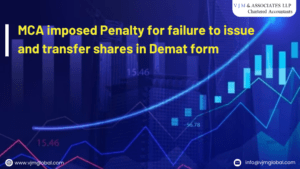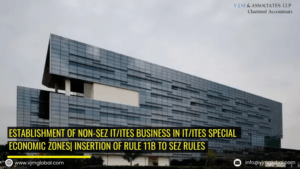[toc]
Introduction
The board, vide circular no. 86/05/2019-GST dated 1st January, 2019, has clarified various issues with respect to services of BF or BC to the banking company and the same is highlighted in the current article. Banking company to pay GST on the entire value of service charges.
Banking company is liable to pay GST on the entire value of service charges
- Services are provided by the BF/BC to the customers on behalf of the banking company.
- As per the agreement between the bank and the BC, BC cannot directly charge any fee to the customer. In fact, banks are permitted to collect reasonable service charges from the customer for such services in a transparent manner.
Further agreement with the customer specifically mentions that bank is responsible for the acts of omission and commission of the BF/BC. - In view of above, it has been clarified that the banking company is the service provider and the banking company is liable to pay GST on the entire value of service charges / fee charged to the customer whether or not received via BF or BC.
Clarification on scope of Services by BF/BC to a Banking Company
- Sr. No. 39 to notification no. 12/2017 – Central Tax (Rate) dated 28th June, 2017, provides exemption from GST to services falling under heading 9971 provided by the BF/BC to a banking company with respect to accounts in its rural area branch.
- In order to claim the above exemption, services provided should mandatory be with respect of accounts in a branch located in the rural area of the banking company.
- It is clarified that the guidelines provided by the RBI would be accepted in order to classify the branch of a bank in the rural area and exemption would be applicable accordingly.
Know more about SEIS Export Incentive






